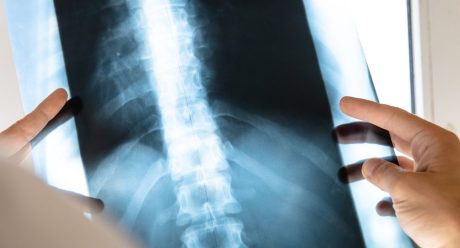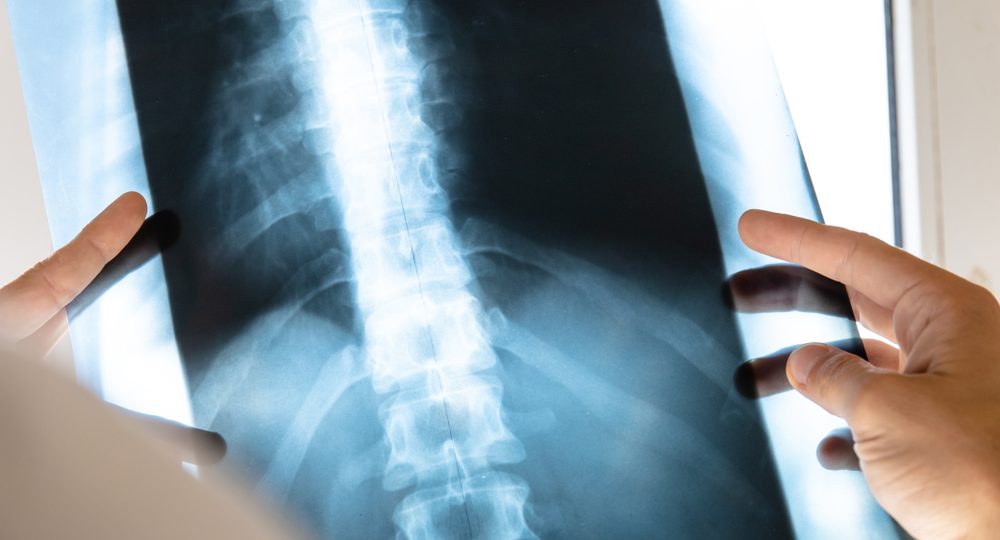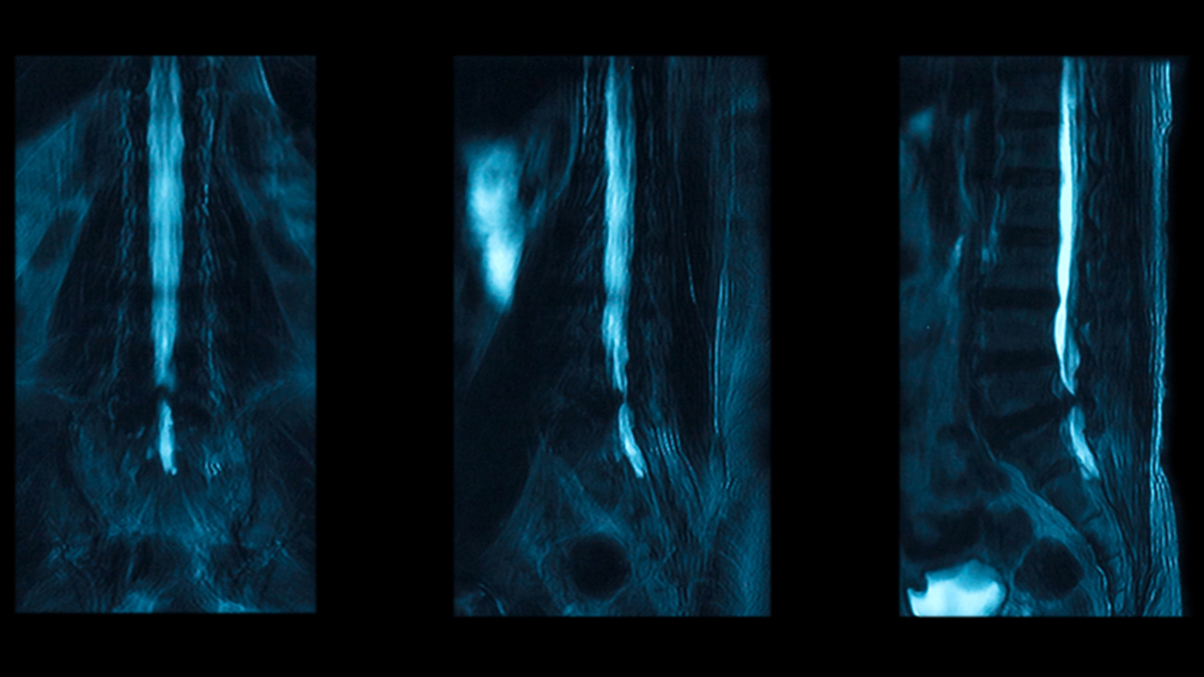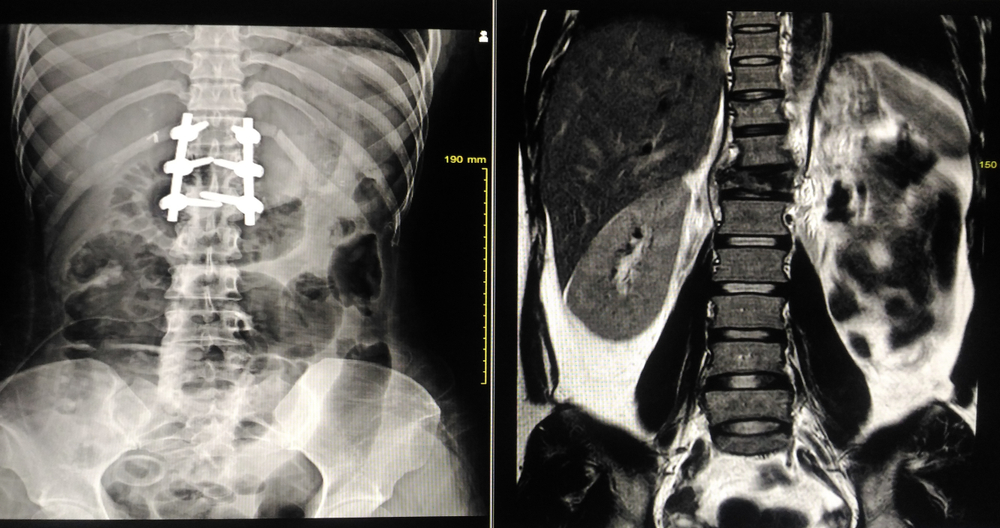Our client TT underwent spinal surgery at a city hospital in the Midlands in 2016. They brought a medical negligence claim for treatment of an infection of a disc in their spine (septic discitis) at level T7/8 and the subsequent care they received. At the date of their catastrophic injuries, TT was 51 years of age and worked as a teaching and learning assistant in a primary school for children with behavioural difficulties.
Head of Clinical Negligence Leeds Frank Pinch and senior paralegal Beth Brayshaw outline TT’s case.
The claim
TT instructed Stewarts’ Frank Pinch at Stewarts and William Latimer-Sayer KC of Cloisters as barrister.
Post-operatively, TT experienced a significant deterioration in their condition. The decline in TT’s neurological function was wrongly attributed to a spinal infarction/stroke, which is an unexplained loss of blood supply to the arteries that supply the spinal cord. However, Stewarts argued that the neurological deterioration was due to a further collapse of the vertebra, causing cord compression as a result of a failure to fuse the spine sufficiently during the surgery.
The defendant vigorously opposed the claim, regularly raising procedural and evidential points. Unusually, witness statements were exchanged by the defendant from nine clinicians, mainly spinal surgeons, along with anaesthetists and others. Those statements contained very determined reasons for disagreeing with TT’s case. The expert evidence was also highly technical, and many hurdles had to be overcome.
Injury
TT was classified as a T6 ASIA D incomplete paraplegic on discharge from a regional spinal injuries centre in 2016.
TT can only walk short distances indoors and outdoors. Until the gradual introduction of purchased care from November 2022, they were reliant on their spouse for support and supervision for all their day-to-day activities and needs.
They also have ongoing significant neuropathic and musculoskeletal pain.
TT has a complex presentation with overlapping psychological problems since their spinal cord injury, including depression, anxiety, fear of walking/falling and incontinence.
They have a neuropathic bladder and have lost bladder control. They also have a neurogenic bowel, again with loss of control.
The constant nature of their symptoms and the intensity of the neuropathic pain and spasms impact all TT’s physical and functional abilities. They require virtually 24-hour care, supervision and support for all their daily activities, which will continue for the remainder of their life.
Settlement
A round table meeting in October 2021, two weeks before a trial to decide liability, resulted in a settlement where the defendant agreed to pay 65% of the ultimate value of the claim. This was an excellent outcome given the risks of proceeding to a trial and TT losing and receiving nothing.
The value of TT’s claim was subsequently settled at a further round table meeting. The defendant agreed to pay a lump sum of £2.2m and significant periodical payments annually for future care and case management for the rest of TT’s life.
Accommodation
Until liability was resolved in October 2021, TT and their spouse did their best to manage in their two-bedroom terrace house but with great difficulty. Following settlement, on receipt of two interim payments, TT was able to purchase a suitable bungalow and introduce all the equipment and paid support they require for all their ongoing needs.
Client testimonial
TT says: “We first encountered members of the Stewarts team in a spinal injuries unit during 2016. They pursued our case both professionally and relentlessly, bringing it to a successful conclusion in 2023. They left no stone unturned to get to the truth while doing as much of the work in the background as they could, leaving us to try and rebuild our lives.
“All members of the team that we worked with were friendly, helpful and nothing was ever too much trouble. They never treated any of our questions as though they were stupid, and everything was explained in terms we could understand. We would have no hesitation in recommending Stewarts to anyone in a similar position to the one we found ourselves in.”
You can find further information regarding our expertise, experience and team on our Clinical Negligence page.
If you require assistance from our team, please contact us.
Subscribe – In order to receive our news straight to your inbox, subscribe here. Our newsletters are sent no more than once a month.






